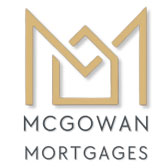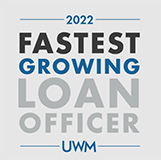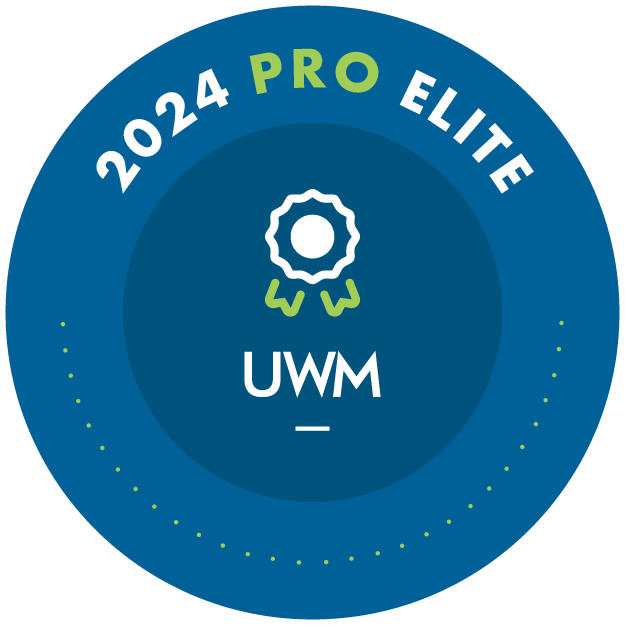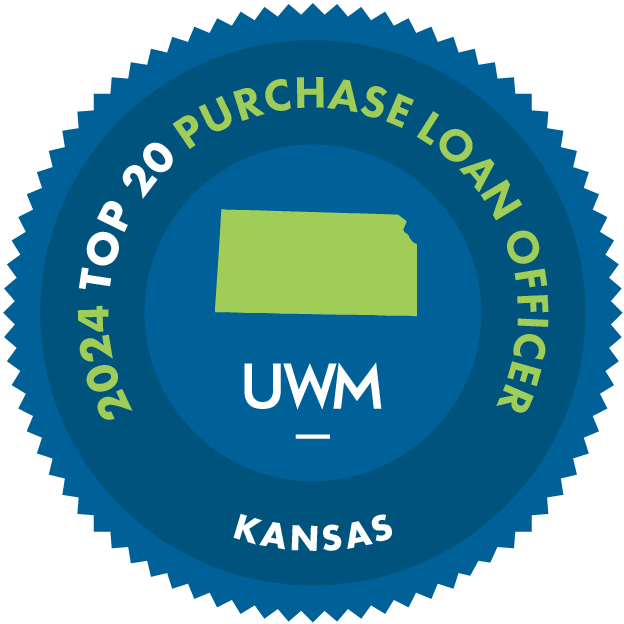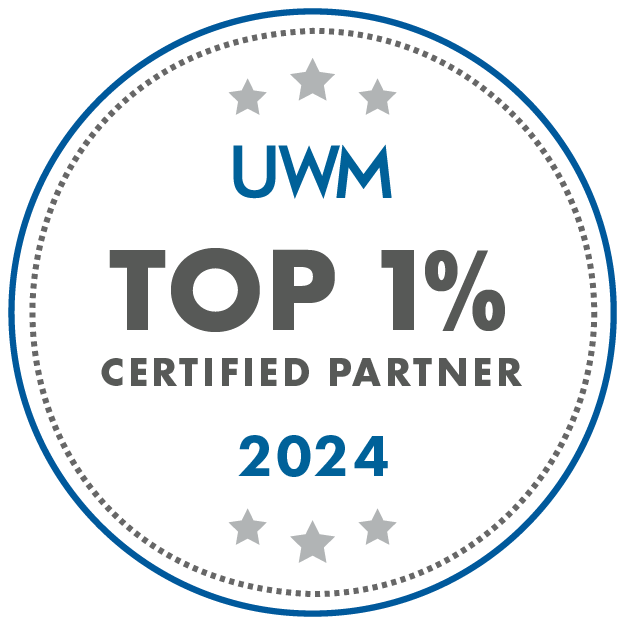
A first-time home buyer doesn’t frequently consider a mortgage to be a product when they hear the term. It appears unusual that they can compare shops because loan qualification is based on the same standards.
Homebuyers who don’t compare prices end up spending $1,000’s more per year and on average nearly $10,000 more over the course of the loan. The truth is that mortgage rates and terms may often be negotiated and differ from lender to lender.
Shopping around is not uncommon; it is necessary, especially before making such a big decision. Continue reading to gain insight into the importance of comparing mortgages.
Why Should You Compare Mortgage Offers?
A little background information will be helpful before you start your comparison-shopping procedure. There isn’t a uniform set of guidelines or deals that apply to all mortgage lenders.
Every lender has their own underwriting standards, costs, and interest rates. Depending on whatever lender you choose, you might get a better bargain.
You should look for a mortgage provider with a competitive interest rate. Rate changes have a cumulative effect over time, and even what may seem like a small increase of 0.5% results in $1,000’s of difference in cost over the life of the loan.
It’s also crucial to remember that the nature of the interest rate matters. Your monthly payment on an Adjustable-Rate Mortgages can increase in rate/payment when the time comes for the rate adjustment.
Beyond interest rates, other considerations will also play a role in your final choice. The credit bureaus don’t hit you for another credit inquiry if you have multiple lenders review your credit within a 30-day window. This means you’re safe to shop for your best financing, which we encourage.
When comparing lenders, keep the following in mind:
- Points. Some lenders may look like they have low rates, but they may be charging points, which are added fees up-front, to get those low rates.
- Fees. Numerous expenses, including those associated with underwriting and loan origination, and broker fees, are open to negotiation.
- Closing Expenses. These are the fees involved in paying off your loan. If you ask the lender or broker, they ought to have an estimate.
- Down Payment. Some lenders demand 20 percent, while others may have low-to-no down payment options. PMI will likely be needed with a down payment of less than 20%.
- Private Mortgage Insurance. When the loan down payment is low, PMI is an additional insurance the government generally requires with less than 20% down to insure the loan, which helps keeps the housing market protected in case of default on the loan from the homeowner. You can speak with a lender directly about the specifics of the mortgage if you’re uncertain about what you could be eligible for.
Interest Rates Are Only One Aspect of It
It’s best to be ready before meeting with lenders. You can learn the most about your alternatives by asking the proper questions. Look at reviews to help make an informed decision on your best lending option.
- Do you speak with your clients on the phone, via text, or in person? How soon do you react?
- What lender fees are borrowers accountable for at closing? Can any be rolled into the mortgage or waived?
- How long does it typically take for pre-approval, an appraisal, and a closing?
- What do you think about purchasing discount points to lower the borrowers’ rate?
- What is the required down payment?
Making an informed decision and selecting the best mortgage for you is simple when you are equipped with the necessary knowledge.
How Can You Select the Perfect Mortgage Lender for Your Needs?
Finding lenders is made easier by performing a quick online search. However, don’t discount getting referrals from friends, family, or real estate brokers.
Look at reviews to help make an informed decision on your best lending option.
Remember that any prices you find online are only estimates; depending on your circumstances, you might wind up paying more. Your chances of finding the cheapest mortgage for you may increase if you use your research as leverage when negotiating mortgage rates.
Conclusion
Many mortgage lenders need this to begin the loan process, and in some cases, they’ll return it. Look elsewhere if they can’t be more specific about those conditions.
We save people on average about .50% – .75% in interest rate, compared to the average banks or lender. That might not seem like a lot, but that comes out to $9,400 in savings for the average client over the life of their loan.
Contact Your Trusted Mortgage Specialist Now!
You can trust McGowan Mortgages if you’re looking around for Kansas City mortgages. Thousands of families in Kansas City and all-around Missouri have benefited from our expertise in home loans, which is why we’re committed to ensuring that your home purchase is top-notch. Get in touch with us right away at (816) 631-9687 so that we can assist you in the same way!
Do you know how much home you can afford?
Most people don’t... Find out in 10 minutes.
Today's Mortgage Rates
